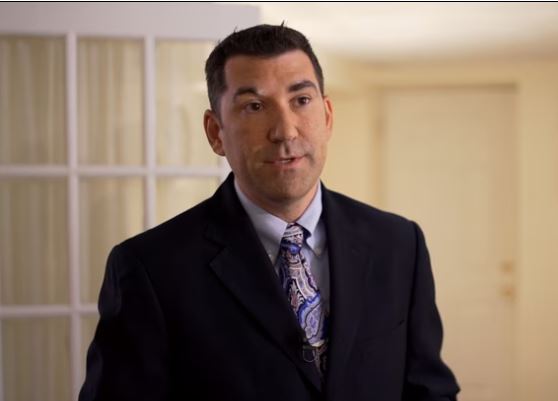Much has been written about the recent situation where United Airlines forcibly removed a passenger (David Dao, a 69 year-old doctor born in Vietnam and living in the U.S.) because they overbooked the flight. It raised questions about everything from passenger rights and the small print on your ticket, to outright discrimination against people of Asian descent.
 There was a lively discussion here at The Speech Improvement Company about service-oriented corporate culture, the attitudes of front-line employees, and if misaligned, how to fix it.
There was a lively discussion here at The Speech Improvement Company about service-oriented corporate culture, the attitudes of front-line employees, and if misaligned, how to fix it.
Clearly, United Airlines needs to fix it. “Fly the friendly skies” stands in stark contrast with the image of a bloodied Dr. Dao.
I recall one trip home from Japan on United Airlines in first-class. I was hanging out with a flight attendant, and she was complaining about other passengers to me. She said, “These passengers think they are so special. They expect everything, don’t they know this is no different than taking the subway?”
I was astounded that she just compared a $15,000 plane ticket with a $1.25 subway fare. Here was a clear disconnect between the employee on the front lines and the marketing and sales departments who sell premium first-class tickets based on how great the service will be. Wow.
Here are 8 things all companies, not just United, need to do in order to turn poor attitudes into exceptional customer service.
1. Start at the top. Inspire people to change or they’re in the wrong job. For people who are not onboard with the new world-class service vision, they need to go, or you’ll just spin your wheels. Hold meetings with all employees and allow discussion time to define and truly understand what makes a world-class service experience.
2. Communicate your clearly defined vision of exceptional customer service everywhere and prepare the company for changes. Again, you may lose people who don’t share in the vision. That’s ok, it’s like cleaning a wound before it heals: painful, but then gets better. You’ll need all levels of management communicating this in everything they do – in town halls, team meetings, memos, everywhere. Above all, be consistent.
3. Train everyone in the organization on clear and proper customer service communication. When I say everyone, I really mean everyone. From flight attendants to people in accounting and finance. Even the custodians who work in corporate headquarters should be taught what to say to customers and how to say it when things don’t go as planned. At The Speech Improvement Company, we conduct these workshops, and I can tell you it makes a difference. You need to take action to foster an environment of high caliber service communication and customer-focused attitudes. Proper service attitudes are not only for use with customers but with each other and throughout the organization. This is a critical secret ingredient in fostering a world-class service culture. It’s powerful.
4. Re-examine all policies, in particular those that are customer facing. Some policies were created years ago under different circumstances. Minor adjustments can make a big impact on the front lines. At United, they since changed their policy for mandating passengers give up their seats. Small changes to an existing policy can significantly improve the attitudes of people in the front lines. Make sure your policies and procedures match up with the company’s vision of second-to-none customer service.
5. Empower front line leaders like flight attendants to make exceptions to the rules if needed. When employees feel that their hands are tied by a policy they consider unfair, and have an upset customer in front of them, there may be no way for them to be helpful. It’s incredibly frustrating. If it happens frequently, the employee may unknowingly telegraph their anger and frustration to customers. Give your trusted employees the authority to resolve customer issues on the spot, before they can escalate.
6. Measure employee commitments to service with KPI’s (key performance indicators), employee reviews, raises, and bonus calculations. If you mean it, show it: associate positive feedback with employee success, rewards, and advancement.
7. Celebrate internal service success. This is small, and by itself does not do much, but in concert with the other recommendations, it is a very effective way to reinforce that service over financial savings is rewarded. This is a long tested attitude in the world of service, that if you do service well, in the long term, the financials will work better than expected.
8. Allow for venting. Yes, some customers are just plain awful, and dealing with them is a stressful job. Let employees know that it’s ok to vent. Never to customers, but allow and even set up vehicles for venting behind the scenes. Maybe have an internal vent hotline. Like a kettle, if you don’t let the steam out, it explodes.
While it’s easy for me to write about this, I know it’s not easy to make these changes. It takes time, commitment, and really strong communication skills. So train people on their service communication attitude and skills and watch your entire company change its culture.




